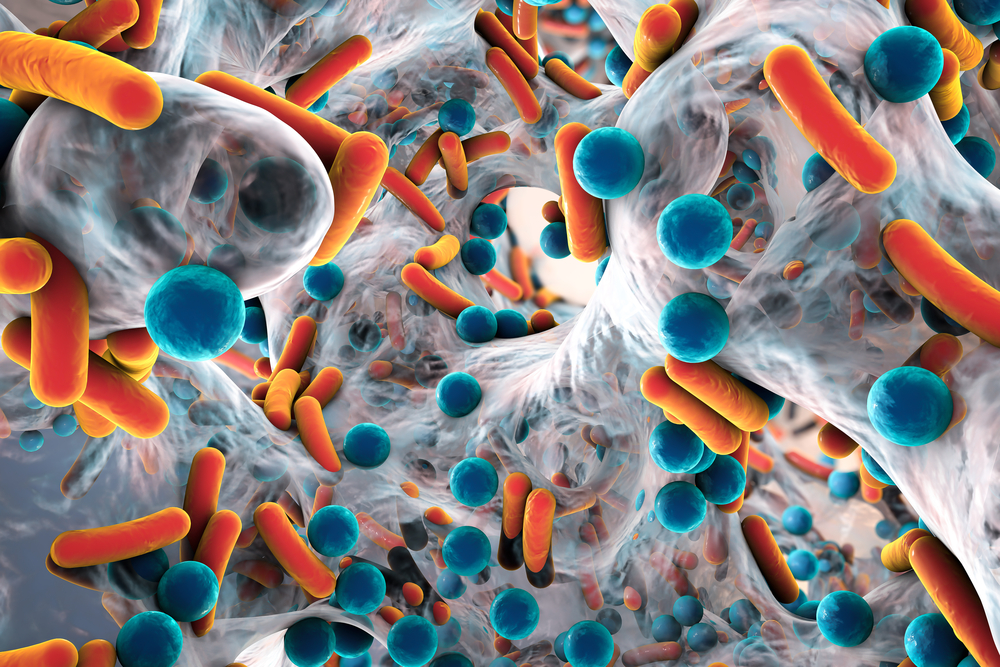
An international team of researchers published a report last week that analyzed economic and public health data to determine factors that lead to curbing antibiotic resistance throughout the world.
The researchers, which included experts from the Center of Disease Dynamics, Economics & Policy (CDDEP), the Australian National University, Cardiff University, and the Monarch Institute, used data from 73 countries. The trend they found uniting them was that higher corruption and less spending on public health lead to greater antibiotic resistance rates. By contrast, those locations with greater political stability and infrastructure that includes sanitation, safe water, internet access, urbanization, and electricity access boast much lower rates.
The report concludes that the world needs to improve sanitation, increase clean water access and secure quality governance to address challenges in global antibiotic resistance.
“While reducing antibiotic consumption is important, we have to remember that resistance genes are already widely disseminated in the environment,” Ramanan Laxminarayan, one of the study’s authors, said. “There are not magic bullets here. Any new antibiotic will run into the same challenges as existing ones, and resistance will emerge rapidly unless we take the problems of improving the health system head on.”
Additionally, while antibiotic use is commonly known to drive antimicrobial resistance, the report found that antibiotic consumption was not significantly associated with higher resistance. Reducing antibiotic consumption was not enough to control antimicrobial resistance in any reasonable fashion as the spread of resistant strains seems to be the dominant factor.




